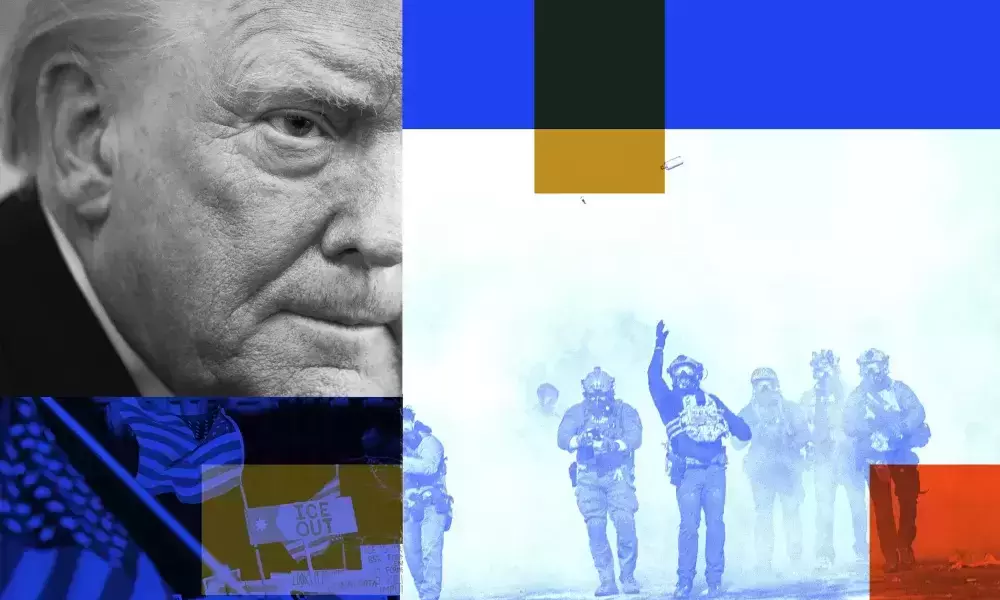
Walkie-talkies and radios explode in Lebanon, Hezbollah blames Israel
text_fieldsA series of explosions involving walkie-talkies has left nine dead and over 100 injured in Hezbollah-controlled areas of Lebanon.
This comes just a day after similar blasts involving pagers killed 12 and injured more than 2,800 across the country.
Reports suggest that handheld wireless devices, including walkie-talkies and landline telephones, have been exploding, primarily in southern Lebanon and Beirut's suburbs, with one blast occurring near a Hezbollah-organized funeral for victims of the earlier pager blasts.
Hezbollah has accused Israel’s Mossad of orchestrating these attacks by planting explosives inside the devices, which were imported five months prior. According to a senior Lebanese security source and a separate source, the Israeli spy agency covertly embedded the explosives within the pagers and walkie-talkies, a claim Hezbollah echoed as part of their largest “security breach” to date, reported AFP.
The blasts have prompted Hezbollah to launch retaliatory rocket strikes on Israeli artillery positions, marking the first direct strike against Israel since the explosions. In response, Hezbollah, an Iranian-backed group banned by the U.S. and the European Union, vowed further retaliation, calling the incident a “massacre” and promising continued support for Hamas in Gaza, with whom Israel has been at war since October 2023.
Lebanon’s Health Minister, Firass Abiad, confirmed that 12 people, including a young girl, were killed in the pager explosions, and over 2,800 others were injured, many critically. Hezbollah insists that both the pager and walkie-talkie devices exploded simultaneously, pointing to an orchestrated attack.
While Israel has not publicly commented on the explosions, it had recently announced an expansion of its conflict with Hamas to include Hezbollah.
Hezbollah has called for an investigation into the source of the devices, initially suspected to be from Taiwan. However, Taiwanese manufacturer Gold Apollo denied involvement, stating that the devices were made under license by BAC, a company based in Budapest, Hungary.
The situation in Lebanon remains tense, with cross-border exchanges of fire between Israeli and Hezbollah forces continuing as the group vows to avenge what it describes as a “criminal aggression” by Israel.























